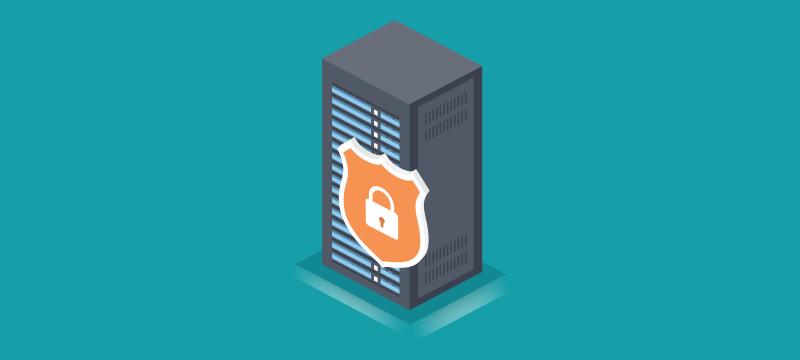Linux VPS is the crowned king. Linux has quickly turned into the go-to hosting solution. Excellent performance, great storage, power, and high reliability for minimal cost are just some of the few things that Linux VPS hosting provides to its users. However, as the phrase goes, with great power comes great responsibility; a VPS needs to be safe and secure, like any other hosting plan.
In this post, we are going to discuss some important and simple tips on how you can easily secure your server.
Secure Passwords
The first step to securing your server is to put in place a strong username and password. Boost your security by using a mix of upper and lower-case letters, special characters, and numbers. A weak username or password can be hacked within seconds.

Hackers use AI-enabled software that can access databases of stolen login credentials. In fact, implementing two-factor authentication is even better. It secures an additional layer of security.
Root logins
Root user login is mostly available in Linux VPS servers; which hackers use to their advantage. Most brute force attacks begin by trying the default username. Hence, the first thing to do is to disable the root login, change all the default admin-level usernames to something more difficult to guess, and disable the root login again.
Firewall
Firewalls secure your system from unauthorized access. They detect and protect you against any intruders and malicious traffic. A firewall will be useful only if you configure it properly.
Keep OS updated
Any weaknesses in the Linux operating systems are usually detected and patched quickly. However, not everyone is quick to update their server to the latest version, which leaves their VPS prone to risk. No matter which version you use, ensure that the system is updated regularly because cybercriminals use clever bots that specifically target vulnerable servers.
Create SSH keys
Passwords help, but there are stronger tools that help, Secure Shell (SSH) keys being one of them. SSH is worth implementing because they are more difficult to hack through brute force. Passwords are certainly easy and convenient to use, however, users often rely on options that can be easily guessed, therefore revealing the entire security infrastructure to vulnerability.
SSH keys run by generating secure key pairs, a public and private key. The public key is passed on to the server, while the private key remains on the computer. The public key can be shared without any issues since it cannot be used for anything other than identifying the user and allowing the user to log in with the matching private key. Hence, when adopting a proactive secure server strategy, make certain that you use SSH key pairs.
Uninstall unnecessary applications/files
A server should have only those applications or services that are required. Any needless application can expose the server to threats. While installing an application or service to the server, double-check the functions, and also check if the functionality provided by the application is not provided by other applications that are already installed. Installing multiple packages for the same job can increase instability in the system.
Disable unused ports
Every port that is existing on the server permits a specific type of traffic on the server. If any unused ports are open on the server, it can pose security threats. Cybercriminals constantly scan servers for any open ports and execute different strategies/techniques to gain access to the server. Instead of disabling unused ports one by one, set up a firewall system, then block all ports, and open those ports that are required.
Back-ups
Everything you read so far speaks about the importance of having a secure managed Linux VPS, while that is essential, it is also crucial to back up your data. One of the major issues of brute force attacks is not the hack itself but how long it takes for the business to come back online. Backup is the bridge between your business flourishing or going under.
For a quick recovery, it is important to have an up-to-date backup, which can swiftly restore all the data, applications, and files. Without backup, some of the data could be irrecoverable.
bodHOST provides a strong remote backup solution that stores your data, encrypts and inspects the data for security, and furthermore, you can schedule automatic backups so that you always have a copy of your files.
Conclusion
VPS is excellent hosting for growing businesses but all hosting solutions need to be protected from cybercriminal attacks. The 8 tips mentioned to secure your VPS are enough to help you relax. Certainly, with the right web host provider, most of the security needs will be looked after on your behalf and customer support will be provided 24/7 for any kind of assistance. For managed Linux VPS hosting, visit our Linux VPS page.
